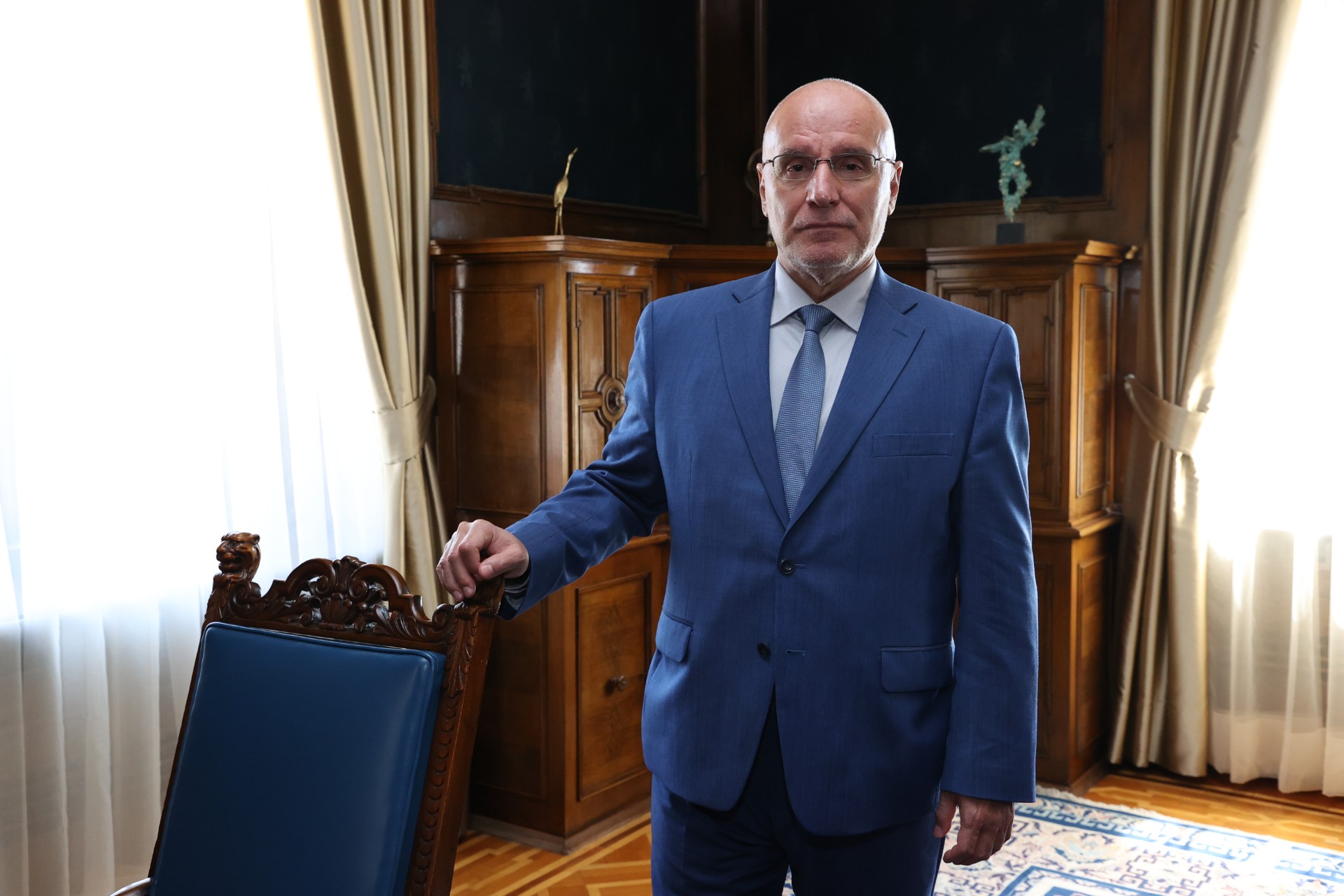Exclusive: Bulgarian National Bank’s Radev: Threshold for More ECB Rate Cuts ‘Should Remain High’
15 July 2025

By Marta Vilar – MADRID (Econostream) – The bar for additional easing by the European Central Bank remains high, according to Dimitar Radev, governor of the Bulgarian National Bank and - following Bulgaria's planned adoption of the euro on January 1, 2026 - soon-to-be ECB Governing Council member.
In an interview with Econostream on 14 July 2025 (transcript here), Radev described the latest ECB rate cut as a ‘carefully calibrated’ move and said that any further steps should depend on incoming data.
‘Given the current inflation outlook, I share the view that the threshold for additional rate cuts should remain high’, he said.
While acknowledging that a temporary undershoot of the ECB’s inflation target was possible given current data, Radev argued that price pressures coming from wages and services were ‘evident’.
The euro’s exchange rate was an ‘important transmission channel’, according to Radev, who said that if movements of the euro were significant, they could impact inflation.
‘As long as developments remain orderly and reflect economic fundamentals, their impact on inflation should remain contained’, he said. ‘Naturally, such developments should be monitored closely in the context of our price stability mandate.’
Regarding Vice President Luis de Guindos’ remark that a euro above $1.20 could be problematic, Radev said the point on which he fully agreed with the VP was the need to closely monitor disorderly market movements.
Asked if the current stance was already accommodative, he said that the June cut had ‘clearly shifted the stance, but whether we are still in restrictive territory or approaching neutral requires ongoing assessment in light of the latest data and inflation dynamics.’
The ECB would be justified in moving into accommodative territory given ‘clear and sustained evidence’ both of a convergence of inflation to target and of a change in the balance of risks to the downside, he said.
‘I believe the risks associated with protectionism and trade fragmentation are real and merit careful consideration in any forward-looking assessment’, he said. ‘The impact of tariffs may not be immediate, but over time they can affect production costs, supply chains, and ultimately inflation.’
Radev expected these factors, which in his view were structural, to affect the medium-term risk analysis.
Trade diversion of unexpensive goods into Europe could ultimately have a disinflationary impact in some product categories, he said, but in general the effect would be modest for the time being.
‘Whether such trends become structural will depend on a range of geopolitical and economic developments’, he said.
Asked about his description of himself as a ‘conservative’ central banker, Radev said this referred to his resistance to short-term developments and his strong commitment to price stability.
‘I come from a tradition that values prudence, data-dependence, and a strong anti-inflationary bias’, he said. ‘My views are guided not by labels or categories, but by the overarching responsibility to deliver on our price stability mandate.’
Regarding the challenges ahead stemming from the adoption of the euro, Radev said that the process would ‘inevitably carry risks, particularly around public expectations. If perceived price adjustments are not well managed, even temporary shocks can influence medium-term inflation expectations.’
However, he said he was confident that the right policies would ensure that the convergence process remained strong.
